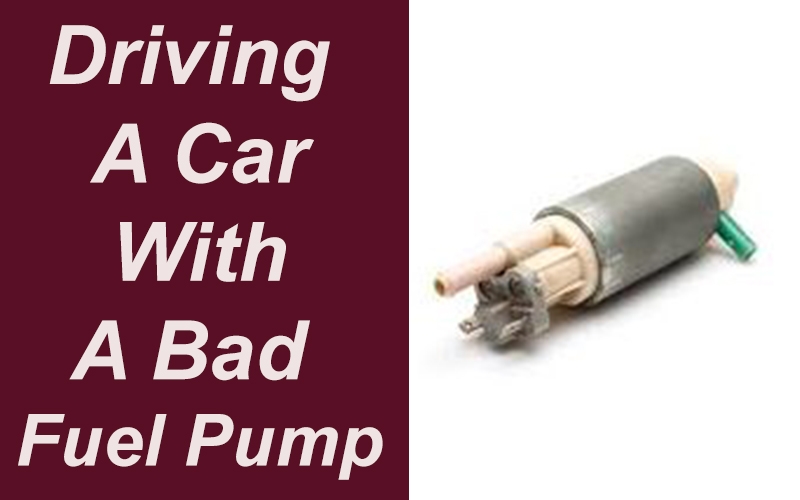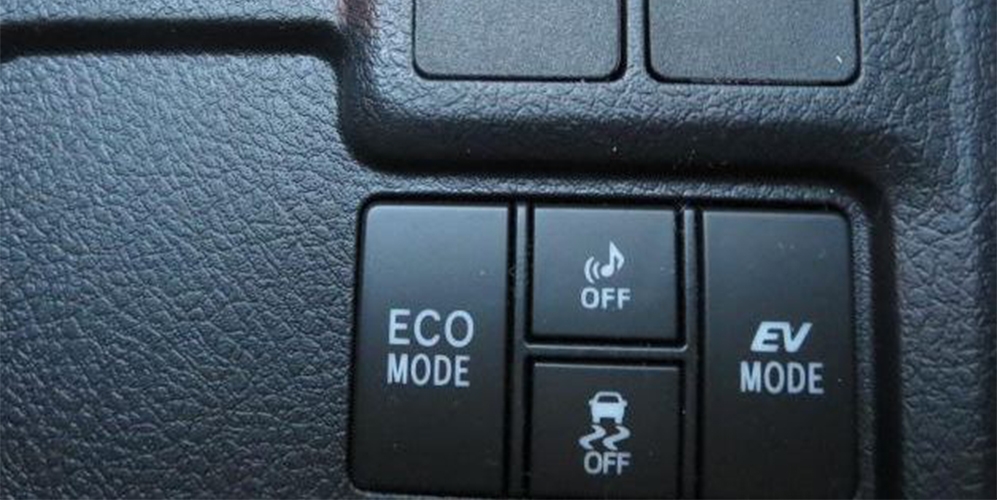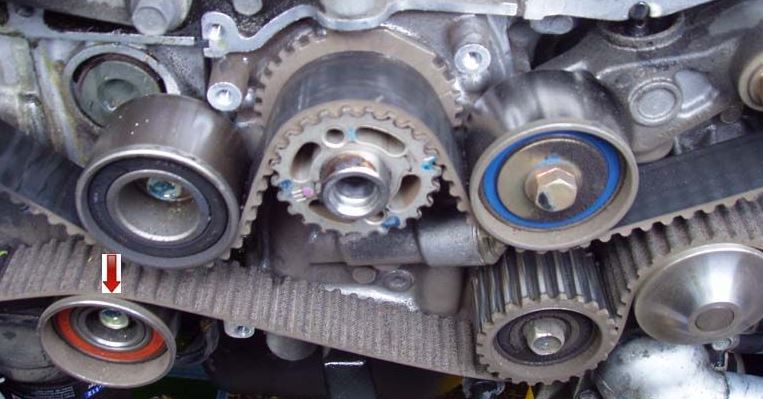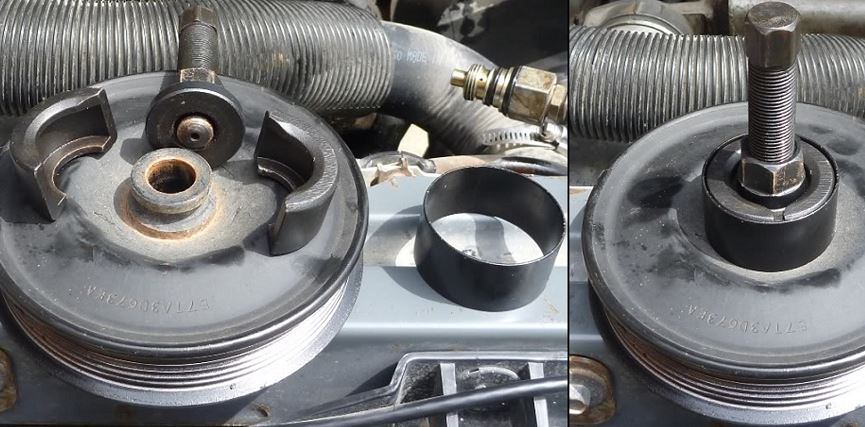Last updated on January 13th, 2023 at 08:37 pm
Driving in the hot summer is incomplete without a functional AC. However, you might have noticed your car losing power when your Ac is working; what might be the cause? In this article, we will be looking at the possible reason and how to tackle it.
Related Article:
Does AC affect engine power?
Yes, your car engine powers your air conditioner; it draws energy from it during operation, which might affect the engine performance. When the Compressor comes in, your car’s engine RPMs will likely increase at idle. This is done to compensate for the energy used by the air conditioning system.
The power to run the air conditioner comes from the engine. And the engine can only produce a certain amount of power. So you wouldn’t even notice the power drain from the air conditioner if you had a huge V-6 or V-8 engine.
For an engine on the small side, though, the air conditioner might drain enough power to make a noticeable difference. But, during typical driving, you would not notice it.
Roadmap of this article:
- Does AC affect engine power?
- Does turning off AC gives you more power?
- Slow acceleration when air conditioning is on
- Effect of air conditioning load on engine performance
- does ac temperature affect fuel consumption
- Why does my car shut off when I have my AC on, and I am at a complete stop
We have established that it’s only natural for your AC to drain energy from your engine, which lowers your engine performance. The RPMs of your car’s engine may rise when the Compressor kicks in. This reduces the amount of energy needed by the air conditioning system.
How can I increase the power of my car?
Increasing the house power of your car is a good way to combat components that put too much strain on your engine. There are more ways than one to boost your car’s horsepower.
How to upgrade your car;
- Equip an Exhaust System With High Performance
- The installation of a High-Flow air filter and intake system.
- Your wheels need to be upgraded.
- Maintain the health of your vehicle.
- Maintain the lubrication of your vehicle.
- Reset the computer in your car.
- Use the appropriate gas for the compression ratio of your car’s engine.
An upgrade is a no-brainer. Simply put, your car engine is a large air pump with a series of deliberate combustions that push as much air in and out as possible. So if you want to boost horsepower, you’ll need to figure out how to get more air into your engine in a larger volume.
Does turning off AC gives you more power?
Yes, to an extent. Especially in the case of small engines. You see, when your AC is on, it consumes a fair amount of power. However, when it is turned off, your engine could get a small boost. So if you need to give your engine a little boost, turning your AC is a good move.
Note: With smaller engines, the power drawn from the engine will also have a more obvious influence. Even though the amount of power required by the air conditioner is the same in both automobiles, a subcompact with a little four-cylinder engine will be considerably more affected during AC operation than a huge block V8 engine.
Indeed, vehicle experts found this a few years ago and devised a button to immediately turn off the air conditioning whenever the engine needs most of its power. The microprocessor and the throttle-position switch are involved. It also performs precisely what you do but in an automated manner.
Slow acceleration when air conditioning is on
You might be wondering, Why does my car accelerate slower with the AC on? In some cases, you can attribute this to the load put on the car by the AC.
The acceleration of your Volkswagen car will be slowed if the air conditioning is activated.
Because your cooling system is connected to your motor, you’re essentially utilizing part of your horsepower as you cool down when adjusting your temperature settings to cold air.
Nevertheless, in most situations, the horsepower is just 5-6. You might not notice the difference if you’re driving in the city, but if you slam on the gas, you’ll almost certainly feel the lack of power.
Effect of air conditioning load on engine performance
According to real testing by YouTuber “Sikky,” the overall energy and torque lost to the drive wheels are roughly 10 per wheel. A Lexus IS-F was fitted to a Dynapack accelerometer, which monitors horsepower.
The graphic below depicts the AC energy consumption of a typical 8.7l/100km automobile. An air conditioning compressor may provide up to a 5-6kW peak power load on a vehicle’s engine. When the AC compressor load is added to the engine, the vehicle’s fuel efficiency suffers dramatically. In high-mileage automobiles, the effect is considerably more pronounced.
You might not notice the difference if you’re driving in the city, but if you slam on the gas, you’ll almost certainly feel the lack of power.
Your ride also slows down as your RPM drops due to the air conditioning, reducing your acceleration (you want higher revs when you attempt to speed up). If your vehicle has a manual transmission or manual mode, you can even put it to the test.
Note: A belt is linked to the crankshaft and drives the air conditioning unit. The A/C Compressor is moved by the engine rotating. A clutch disconnects the internals of the A/C Compressor from the belt pulley while the air conditioner is not turned on. This enables the belt to spin freely, reducing engine load. However, whenever the air conditioner is turned on, the clutch is engaged, and the internals of the air conditioner compressor is driven, putting additional strain on the engine.
Does AC temperature affect fuel consumption?
Yes, it does, to an extent. However, using your vehicle’s air conditioning system affects your fuel usage more than almost any other option.
Because of the added stress on the engine, an air conditioning system can increase fuel consumption by up to 20%. The actual load is determined by the internal size of the vehicle, the ambient temperature, and other factors.
Note: Lowering the temperature causes the AC compressor to operate longer, resulting in higher energy usage. Conversely, if you raise the temperature to, say, 24 degrees, the Compressor will run for a shorter period of time, consuming less energy.
The Compressor turns off once the target temperature is attained, leaving just the AC fan to operate. Once the thermostat detects a temperature rise, the Compressor will resume.
Why does my car shut off when I have my AC on and am at a complete stop?
The air conditioning system, like many other components of your car, is powered by the engine. So it’s logical that the engine would be under a lot of stress due to this. It might lead to overload or malfunction if not managed properly.
The IAC (idle air control) valve, for example, can be used to adjust the idling rotational speed. Because of its purpose, it’s also known as the idle air sensor control motor. In a fuel injection IC car, the valve controls the quantity of air that exits the throttle plate, adjusting the idle speed as needed.
what to read next: How Do You Know If Your Car Ac Is Overcharged

Hi dear, I am Dennis Gift, an autobody repair technician with over 4 years of experience; and I love everything about fitness and cars and researching and sharing my experience. And this is where I get to do that freely without reservations. So come along with me.




